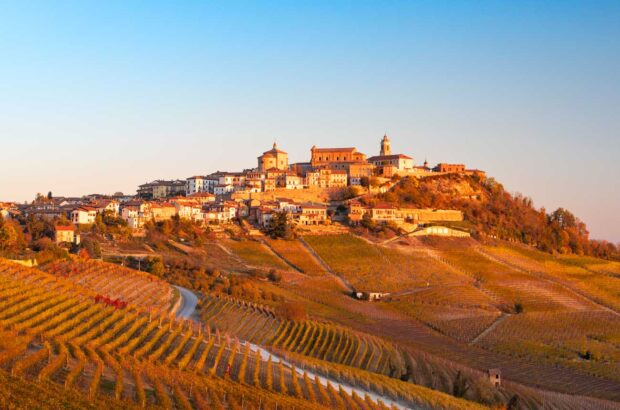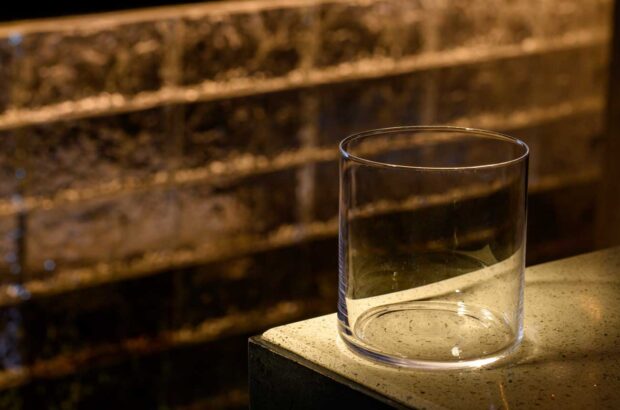Several Burgundy winemakers fear that the arrival of French luxury goods group LVMH in their region, via its acquisition of Clos des Lambrays, could lead to an unwelcome era of big company owners and 'astronomical' wine prices.
LVMH has acquired 8.66 hectares of Clos des Lambrays, located in Morey-Saint-Denis and one of the largest grand cru vineyards in Burgundy.
While the deal has not come as a surprise to many, particularly seeing as Clos des Lambrays was known to be on the market, some producers see the move as a dangerous sign of things to come in Burgundy.
‘I think there are several growers who don’t see this as a good thing, because tomorrow there will be no winemaker owner,’ said Stephane Magnien, who’s namesake domaine also lies in Morey-Sain-Denis.
‘The old Burgundy that we know will no longer exist. It will be worked by workers, and respond to the market.’
He said the price of vineyards in Burgundy means inheritance tax is becoming a headache for small-scale producers who, out of principle, don’t want to cover the extra costs by charging ‘astronomical prices’ for their wines.
A fee was not disclosed for the LVMH deal, but the French agency that monitors agricultural land prices, Safer, last year priced Burgundy grand cru vineyards at €3.8m per hectare. Some in the trade believe that figure is conservative, and there is speculation that LVMH owner Bernard Arnault agreed to pay several times that amount.
‘It’s a worrying evolution,’ added Caroline Parent-Gros, of Domaine A-F Gros, speaking on the LVMH deal.
‘The cost of the land in Burgundy has increased so much that it is now totally disconnected from the profitability. Owning a vineyard is today closer to owning a piece of art than a productive asset.
‘Our concern is that, in a couple of years, family domaines would have to sell their vineyards to big financial groups if they cannot [afford to] keep their lands in the family, as they have done for many generations.’
Outside of the LVMH deal, one could argue that Burgundy has, in a sense, become a victim of its own success. Simon Staples, Asia director at Berry Bros & Rudd, last year declared 2013 the year of Burgundy in Hong Kong. Auction house Sotheby’s saw Domaine de la Romanee-Conti wines achieve $7.2m in global auction sales last year, more than any of the Bordeaux first growths.
Jasper Morris, Burgundy buyer for Berrys, said that he expects LVMH to raise the price of wines from Clos des Lambrays in the near future, to reflect the market demand.
However, the LVMH deal itself has only highlighted a wider ongoing tension in Burgundy, rather than caused it, he said, speaking to Decanter.com on the sidelines of the Decanter World Wine Awards judging week in London’s Tobacco Dock, where he is chair of Burgundy tastings.
‘Some people like the idea of higher prices, but many don’t at all,’ he said. Traditionally, ‘Burgundy is a wine for drinking, not for speculation’, he added.
Written by Chris Mercer







